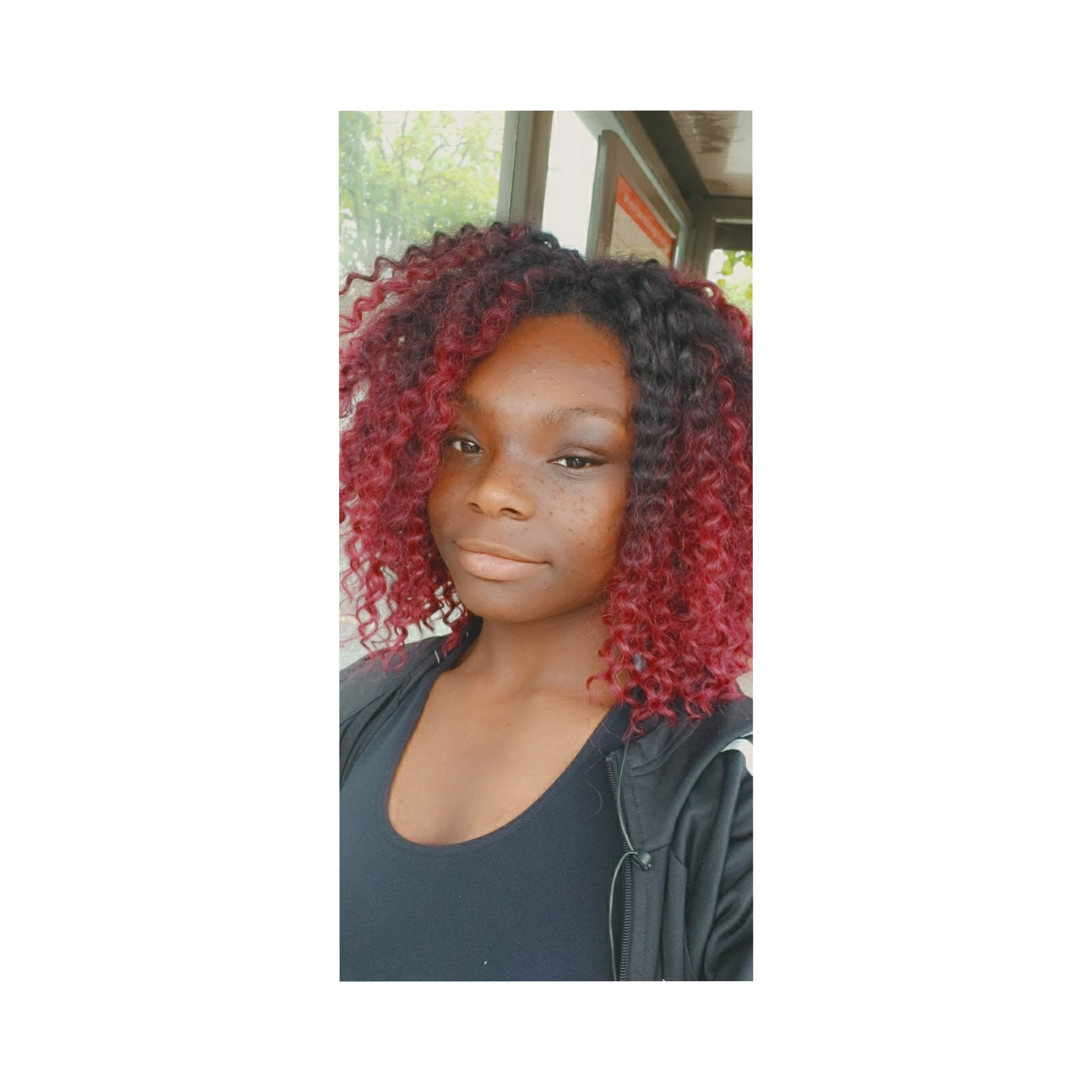WHO's Misogyny: “Women of childbearing age should be ‘prevented’ from drinking alcohol”
- Olivia Opara

- Jul 16, 2021
- 4 min read
Updated: Nov 30, 2021

[Photo by Kaboompics.com from Pexels]
On the week of June 14th, the news broke that the World Health Organisation (WHO) had released a new action plan in regards to global alcohol consumption. However, what brought on an onslaught of outcry and disgust was the statement: “Women of childbearing age should be ‘prevented’ from drinking alcohol”, being mass shared across social media. The justified reaction, predominantly from women, have led some to dive in and research into the WHO’s ‘ Global alcohol action plan 2022-2030’ draft.
What Did The Action Plan Draft Say?
According to Full Fact, a charity that aims to fight “misinformation”, was told by WHO that the news outlets’ reports about their plan “isn’t accurate” and apparently told them that “it does not recommend abstinence for all women of childbearing age”. In their draft, WHO states that “appropriate attention should be given to prevention of [...] drinking among pregnant women and women of childbearing age”. However, even Full Fact commented that:
“It is not exactly clear what “appropriate attention” to “prevention of drinking among [...] women of childbearing age” means here, but the WHO told us the draft “does not recommend abstinence of all women who are of an age at which they could become pregnant”.
So if the abstinence of all women who are of “childbearing age” is not being recommended then why is there an emphasis on us? Why is there an air of control over what women can and cannot do? Why is there a sense of underlying misogyny?
Why is this tone deaf misogyny?
As mentioned above, there was an increased backlash against the WHO as many feel as though women are being policed yet again about their bodies and are being reduced to just their reproductive capability. Given the rise of gender based violence against women and girls across the world, the mass protests against this and the increasing outcry in opposition of the sexism that women face, one would think that the WHO would be more mindful for how they approach situations where women and our health is a topic of discussion.
As pointed out by some on social media, the draft seemed to be mainly focused on women and the effects it can have on pregnancy. Clare Murphy, Chief Executive of BPAS (British Pregnancy Advisory Service) even commented on this, saying:
“It is extremely disturbing to see the World Health Organization risk hard-won women’s rights by attempting to control their bodies and choices in this way. By treating all women – for 40 years of their lives – as little more than vessels, the WHO reduces women to little more than their reproductive capabilities. Currently there is no consensus regarding whether low to mid-level alcohol consumption during pregnancy is actually harmful, so to extend this messaging back into the “pre-pregnant” period, regardless of individual pregnancy intention, is completely absurd [...] The narrative that women need to be stopped from posing a risk to foetuses – even those which do not exist - is used around the world to surveil and criminalise women making decisions during pregnancy.”
As rightfully pointed out by Murphy and others, the WHO has totally disregarded the fact that there are women who cannot have children and that there are those of us who do not even want children. The fact that the WHO has washed over and ignored the bodily autonomy of women and how we are much more than just “vessels” for child reproduction is an air of incredulous misogyny. What is even more disturbing is the fact that they insinuate the policing of girls as well. “Childbearing age” is essentially when a girl hits puberty and start her menses and this can happen from as “early as 8” though:
“A woman’s childbearing is assumed to start at age 15 years and end at the age of 45 years (the day before her 46th birthday)”, Office of National Statistics.
My Perspective as a Young Woman
In short, I was extremely triggered when I saw the headlines of this case. As a young woman who has had her body policed from a very young age by family, friends and strangers, coupled with my gynaecological health issues, this draft action plan felt like an attack, a very direct attack. It is important to understand that the action plan is not just for older women but also for us who are younger and if pursued, it will only add extra stress upon us who are still grappling with our identities, health and womanhood. With everything that young people, especially young women and girls go through, this action plan is nothing short but a further act of violence against us for it reinforces further stigma towards women who have reproductive and gynaecological issues and is literally an attack on our autonomy and our sense of self as individuals beyond our sex and potential motherhood.
Overall, the WHO should really rethink it’s approach towards tackling alcoholism and should take a step back from focusing purely on women and should take into conscious account that men are very much active players when it comes to reproduction.




Comments